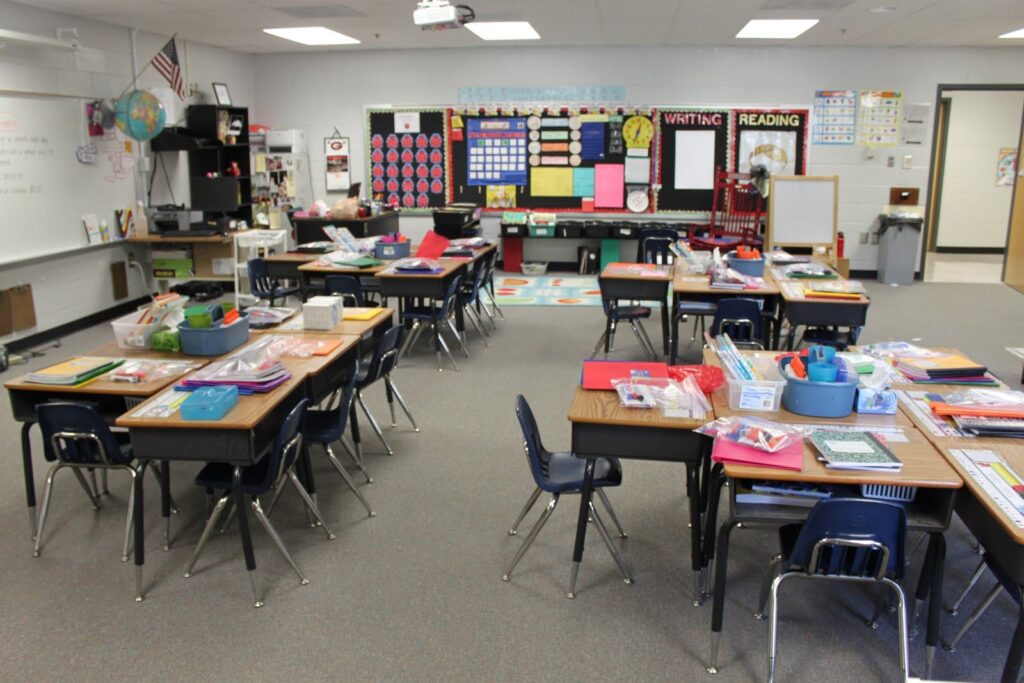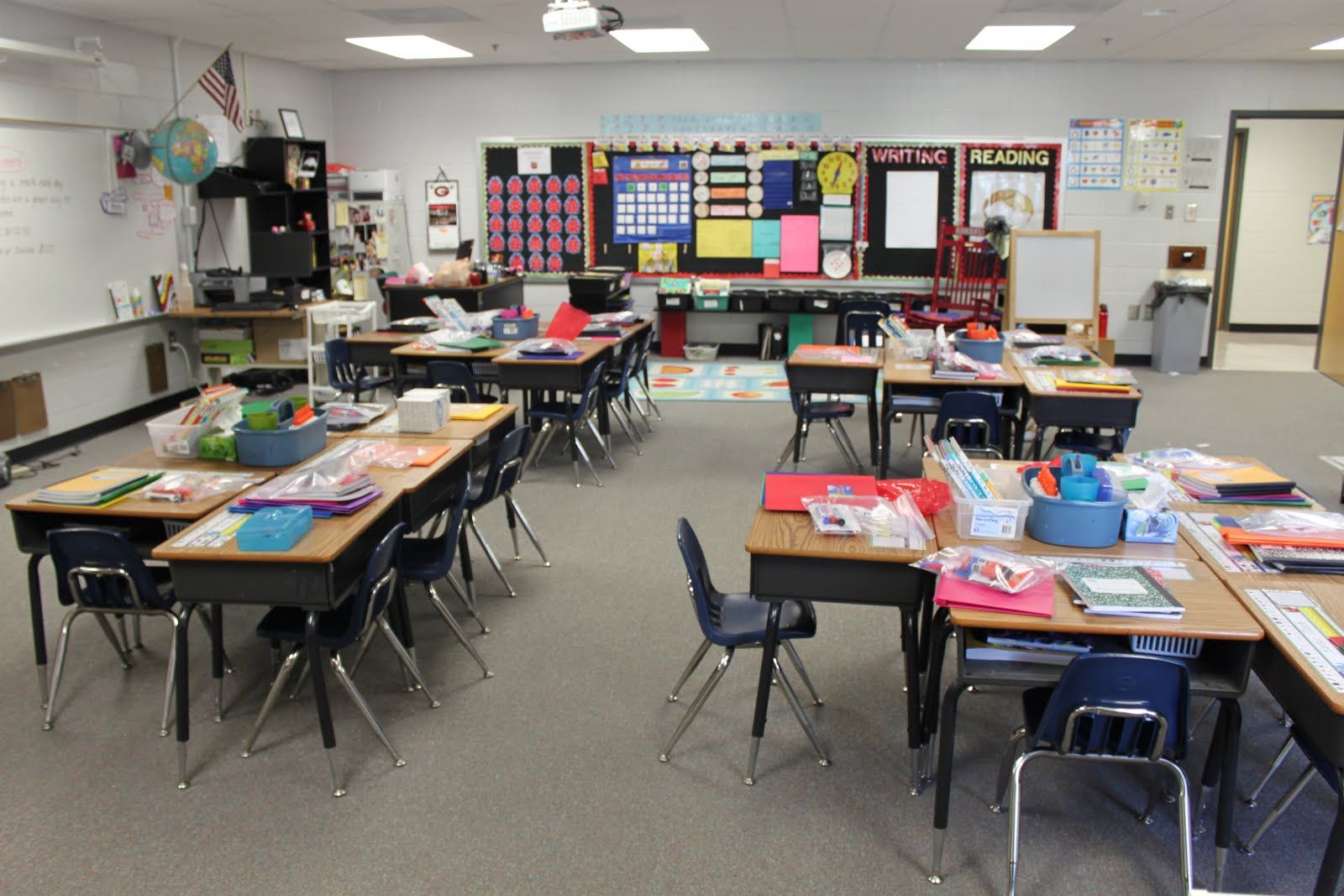
Unlocking Potential: A Comprehensive Guide to 4th Grade Success
Fourth grade marks a significant transition in a child’s academic journey. It’s a year filled with new challenges, increased responsibilities, and exciting opportunities for growth. As students embark on this new phase, understanding what to expect and how to support their learning becomes crucial. This comprehensive guide aims to provide parents, educators, and students with the knowledge and resources necessary to navigate 4th grade successfully. We’ll explore the key academic areas, developmental milestones, and strategies for fostering a positive learning environment.
The 4th Grade Curriculum: A Deep Dive
The 4th grade curriculum builds upon the foundational skills acquired in earlier grades, introducing more complex concepts and demanding greater independence. Let’s break down the core subjects:
Reading and Language Arts
Reading comprehension takes center stage in 4th grade. Students are expected to analyze texts, identify main ideas, understand character development, and draw inferences. They’ll encounter a wider range of genres, including fiction, non-fiction, poetry, and drama. Writing skills are also refined, with an emphasis on crafting well-organized paragraphs, using proper grammar and punctuation, and developing a clear voice. Vocabulary expansion is another key component, as students learn to decipher unfamiliar words and use them effectively in their writing. Expect assignments that require critical thinking and analytical skills. Students in 4th grade will likely encounter novels requiring chapter summaries and deeper character analysis.
- Reading Comprehension: Analyzing text structure, identifying author’s purpose.
- Writing Skills: Developing narrative, informative, and opinion pieces.
- Vocabulary Development: Learning root words, prefixes, and suffixes.
- Grammar and Mechanics: Mastering sentence structure, subject-verb agreement, and correct punctuation.
Mathematics
4th grade math focuses on building a strong foundation in arithmetic, fractions, and geometry. Students delve deeper into multiplication and division, learning multi-digit operations and problem-solving strategies. Fractions become a central theme, with students learning to add, subtract, compare, and simplify fractions. They are also introduced to decimals and their relationship to fractions. Geometric concepts, such as angles, lines, and shapes, are explored in more detail. Real-world applications of math are emphasized, encouraging students to apply their knowledge to solve practical problems. Word problems are a staple of 4th grade math, requiring students to translate written scenarios into mathematical equations. This is a critical year for developing number sense and mathematical reasoning.
- Multiplication and Division: Mastering multi-digit operations.
- Fractions: Adding, subtracting, comparing, and simplifying fractions.
- Decimals: Understanding the relationship between fractions and decimals.
- Geometry: Identifying angles, lines, and shapes.
Science
Science in 4th grade often covers a broad range of topics, including life science, physical science, and earth science. Students might learn about ecosystems, food chains, and the interdependence of living organisms. They may also explore concepts such as energy, motion, and matter. Earth science topics could include weather patterns, the water cycle, and the Earth’s layers. Hands-on experiments and investigations are crucial for engaging students and fostering a deeper understanding of scientific principles. Students may be required to keep science journals to document their observations and findings. The curriculum encourages curiosity and critical thinking about the natural world.
- Life Science: Studying ecosystems, plants, and animals.
- Physical Science: Exploring energy, motion, and matter.
- Earth Science: Learning about weather, the water cycle, and the Earth’s structure.
- Scientific Method: Conducting experiments and analyzing data.
Social Studies
Social studies in 4th grade typically focuses on state and local history, geography, and civics. Students may learn about the history of their state, its important figures, and its contributions to the nation. They may also study the geography of their state, including its landforms, climate, and natural resources. Civics lessons often cover topics such as government, citizenship, and the rights and responsibilities of citizens. Students may participate in projects that require them to research and present information about their state or local community. Field trips to historical sites or government buildings can enhance their learning experience. Understanding the context of their local environment is vital for shaping responsible citizens.
- State History: Learning about the history of their state.
- Geography: Studying the geography of their state.
- Civics: Understanding government, citizenship, and civic responsibilities.
- Local Community: Researching and presenting information about their local community.
Developmental Milestones in 4th Grade
Beyond academics, 4th grade is a time of significant social and emotional development. Children at this age are becoming more independent, developing stronger peer relationships, and forming their own identities. They may also experience increased pressure to succeed academically and socially. Understanding these developmental milestones can help parents and educators provide appropriate support.
- Social Development: Forming stronger peer relationships and navigating social dynamics.
- Emotional Development: Developing self-awareness and managing emotions.
- Cognitive Development: Thinking more abstractly and solving problems independently.
- Physical Development: Experiencing growth spurts and developing fine motor skills.
Strategies for 4th Grade Success
Supporting a 4th grader requires a multifaceted approach that addresses academic, social, and emotional needs. Here are some effective strategies:
- Create a Supportive Home Environment: Provide a quiet study space, establish a regular homework routine, and encourage open communication.
- Stay Involved in Their Education: Attend parent-teacher conferences, review their work, and communicate with their teacher regularly.
- Foster a Love of Learning: Encourage reading, explore their interests, and make learning fun.
- Promote Social and Emotional Well-being: Help them develop social skills, manage their emotions, and build self-confidence.
- Address Challenges Early: If they are struggling in a particular subject, seek help from their teacher, a tutor, or online resources.
Common Challenges in 4th Grade and How to Overcome Them
4th grade can present unique challenges for some students. Identifying these challenges early and implementing effective strategies can help students overcome them and thrive.
- Difficulty with Reading Comprehension: Encourage active reading strategies, such as highlighting key information, summarizing paragraphs, and asking questions. [See also: Improving Reading Comprehension Skills].
- Struggles with Math Concepts: Provide hands-on activities, use visual aids, and break down complex problems into smaller steps.
- Organization and Time Management Issues: Help them create a system for organizing their materials and managing their time.
- Test Anxiety: Teach them relaxation techniques and strategies for managing stress during tests.
- Social Challenges: Encourage them to participate in extracurricular activities, build positive relationships, and seek help from a trusted adult if they are experiencing bullying or social isolation.
The Role of Technology in 4th Grade Education
Technology plays an increasingly important role in 4th grade education. Students may use computers, tablets, and other devices to access educational resources, complete assignments, and collaborate with classmates. It’s important to teach them responsible and ethical technology use. Many schools utilize online learning platforms and interactive educational games to enhance the learning experience. Digital literacy is becoming a core skill, and 4th graders are expected to navigate online resources effectively. Technology can be a powerful tool for engaging students and personalizing learning.
Preparing for 5th Grade and Beyond
4th grade serves as a crucial stepping stone to 5th grade and beyond. The skills and knowledge acquired in 4th grade will lay the foundation for future academic success. By providing students with the support and resources they need to thrive, we can help them unlock their full potential and prepare them for the challenges and opportunities that lie ahead. Continuing to foster a love of learning is essential for long-term academic growth. The independence and critical thinking skills developed in 4th grade are vital for success in subsequent grades. Remember, the goal is to build confident, capable learners who are prepared to tackle any challenge.
In conclusion, navigating 4th grade successfully requires a collaborative effort from parents, educators, and students. By understanding the curriculum, addressing developmental milestones, and implementing effective strategies, we can help 4th graders thrive academically, socially, and emotionally. This year is a crucial building block for future success, and by providing the right support, we can empower students to reach their full potential.

